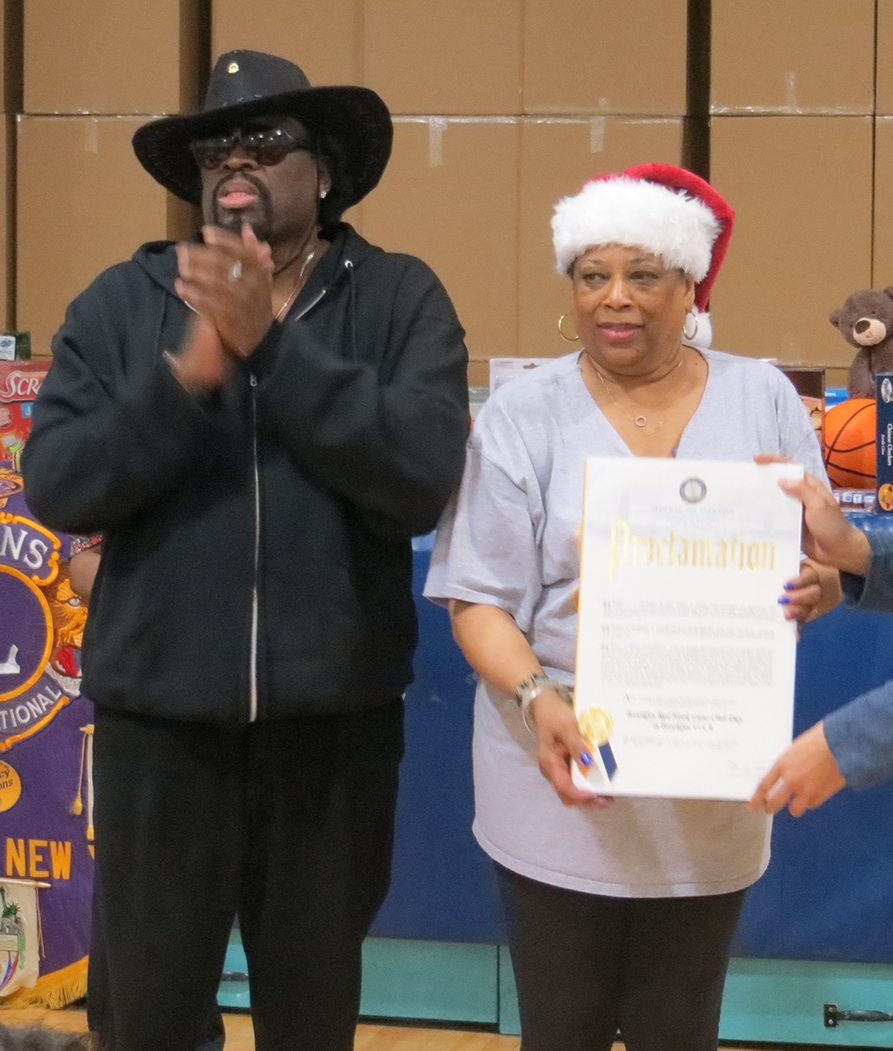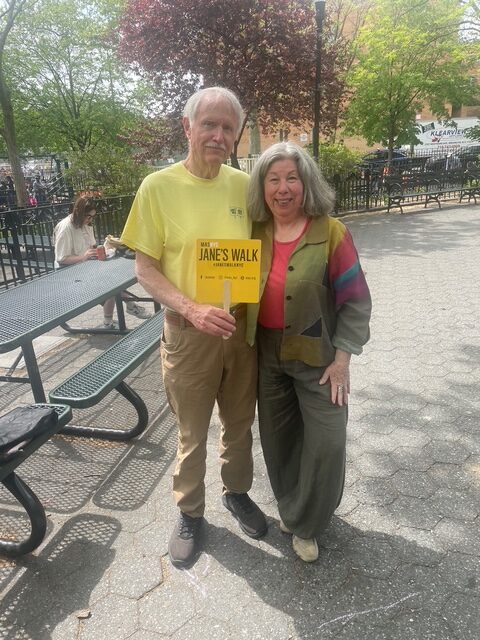Messing Law in Red Hook might be considered a “triple A firm” consisting of the team of Aaron Messing, Alessandra Carcaterra Messing, and Alessandra (Ale) Maldonado.
Both Aaron Messing and Maldonado attended Fordham Law School but they took very different paths to get there. While Messing was born and raised in Manhattan, Maldonado was born in Peru, grew up in Florida, and spent time in London before attending Fordham Law School.
“I had been with a couple of firms and I wasn’t getting the support I needed so on Jan. 1, 2020, I decided to start my own law firm. Three months later the pandemic happened,” Messing said. “The first couple of months were very slow but once COVID hit, everything went bananas.
“My partner Alessandra, who is also my wife, was working in ‘Big Law’ at the time along with Ale, which is how they met. Alessandra and I were waking up at the crack of dawn, switching off taking care of the kids, working all day, and then going to sleep at 3 or 4 in the morning.
“Fortunately, there’s a whole new market for small-sized businesses who need cost-effective council to grow and expand without paying thousands of dollars an hour like they would for a ‘Big Law’ attorney. The firm grew so quickly that I was drowning and so I convinced my wife Alessandra to leave ‘Big Law’ and join me, and then Ale joined in October.”
“Big Law” refers to the largest law firms in the United States.
“I also started in ‘Big Law’ and wanted to pay some of my student loans off,” Maldonado said. “I got to the point where I was starting to march to the beat of my own drum and I didn’t feel supported by the ‘Big Law’ model.”
“A lot of our clients are startups that began with two brothers or friends in an apartment,” Messing told me. “Many of them have grown and expanded into other countries or been acquired by publicly traded companies. The unifying thread between a lot of our clients is that they’re entrepreneurs, who really like building, creating, and solving problems for people.
“For example, one of our clients was an innovator in helping brands sell on Amazon. It was something you would think would be easy and common sense, but it’s not. For them, I’ll be negotiating deals with brands and exclusive rights to sell on Amazon for certain periods.”
Companies rely on Messing Law to be a part of their strategic leadership team and not only deal with problems but proactively try to avoid them.
A major case they are working on right now is representing Darryl McPherson, a local artist suing Kith, who used his image on a clothing line without permission or payment .
“It’s a case I care about a lot and I’m grateful to not only represent small to medium-sized businesses but individuals as well,” Maldonado said.
“Thankfully, we’re in a position where we don’t have to represent anyone that we don’t want to,”
Messing continued. “We only represent people who we think are doing the right thing and ethical companies. In this case McPherson actually just wanted to have an opportunity to work with Kith but their response was not positive.
“We said listen, suing them is not necessarily going to make us money and it’s not going to make our lives easier but there’s something really freeing about saying this is our business and we can help the little guy.”
While their goal is to problem solve and work things out without having to go to court, they are also prepared to fight for their clients.
“Litigation is costly all around,” Maldonado said. “It’s a headache. Once I’m in it, I love it but I don’t want our clients to sue people or be sued. We try to do everything possible to avoid that last-case scenario.”
“I would say that we resolve 80-85 percent of our disputes before litigation,” Messing said. “There’s always a creative way to approach a dispute.
“Unfortunately, one of the problems with the justice system is that wealthier individuals who have the means can very much tilt the scales. They can make it so difficult, and time-consuming that people will fold and take lesser deals.”
Messing uses a prevailing party clause in almost all of his agreements, which means the losing party in the litigation pays the attorney fees and their costs.
“In a scenario where one party is 90 percent right and the other party is 10 percent right, they’re going to be really motivated to avoid a litigation because the party that’s 10 percent right is not going to want to pay for both sides’ lawyers,” Messing said. “In a 50-50 situation where there’s a legitimate dispute, people are very motivated to settle so they can remove the uncertainty of having to pay for both sides.
“Unfortunately, sometimes big companies that have armies of lawyers that will do their bidding will say ‘screw it, we’re going to make this as excruciating for you as possible.’ To be honest, those are our favorite cases because we do a good job of humbling some of the bigger law firms.
“We’re tiny but we’re mighty and love being the underdog.”
“We’re not dissuaded by being the underdog,” Maldonado said. “It fuels our fire.”
Messing, P.C. is located at 97 King (646) 801-3005 alessandra@messing.law
Author
Discover more from Red Hook Star-Revue
Subscribe to get the latest posts sent to your email.











